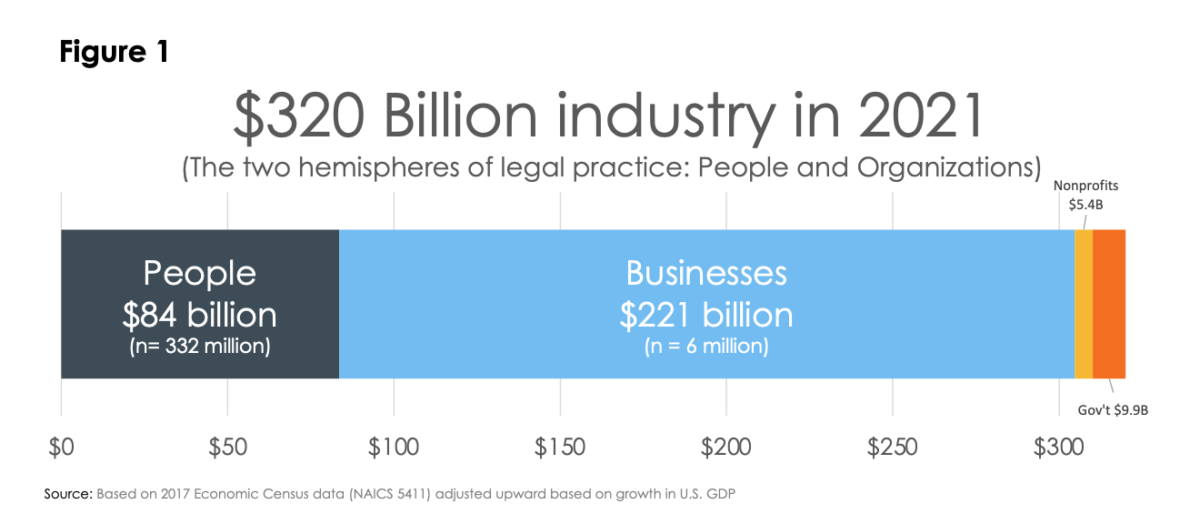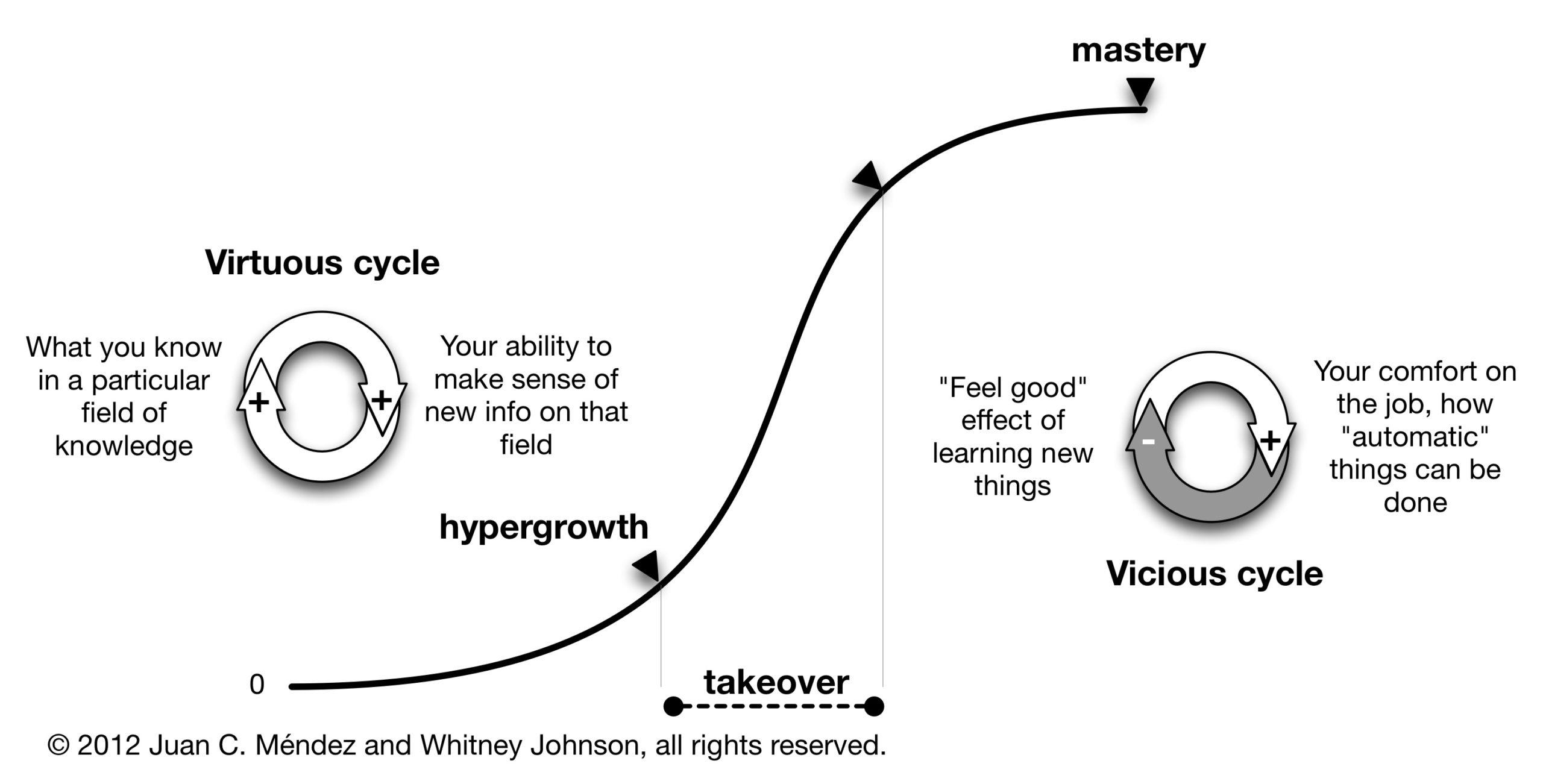Even in the US, the neat line between law firms and ALSP is starting to blur. Nonetheless, the opportunities are only growing.
This post shares some of the most frequently asked questions I receive as a law firm consultant with expertise in ALSPs. I am sharing this information because I believe that if more people understand how to leverage and/or mimic the most effective aspects of ALSPs, the adoption of ALSPs and new business models will accelerate.
What is an Alternative Legal Service Provider (ALSP)?
“ALSP” is an umbrella term used to describe a wide variety of businesses in the legal industry that are not law firms, but which provide legal or related support services. ALSPs usually leverage low-cost labor, technology, and efficient processes to perform certain types of work more quickly and less expensively than many law firms can perform it.
Continue Reading Your most common questions about ALSPs (307)










